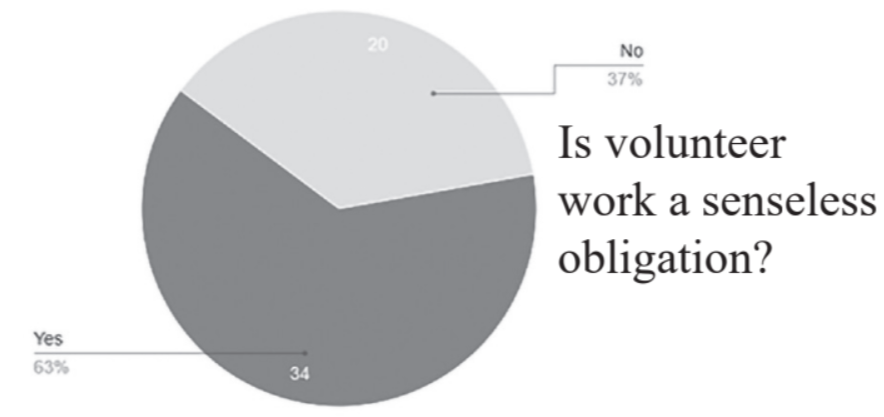
Test-required
By Brendan Talbot, Design Editor-in-Chief
Over the last few years, a number of high-level educational institutions have permitted students to refrain from submitting Scholastic Aptitude Test (SAT) and/or American College Test (ACT) scores as a direct response to the COVID-19 pandemic. Now that COVID-19 is over, there is no reason colleges should not once again require tests. This issue however, has been debated for long before the pandemic.
First and foremost, colleges are looking for students who will be the most successful at their college. This, of course, can be a very difficult thing to judge. How does one compare a poor rural student in Nebraska to an affluent suburban FCPS student? Standardized testing was a method designed to address this disparity. Schools across the country may not be able to offer the same classes or opportunities across the country, but they can all offer the same test. These tests were the SAT and ACT.
Two main criticisms have caused many colleges to become test-optional.
The first argument against standardized testing is that it fails to accomplish its goal of providing a level playing field, as wealthy students score better on average than less well-off students. This argument, however, does not consider the reality of the situation.
When removing tests from consideration colleges must look at other factors such as GPA and extracurriculars. Both of these categories are also directly tied by studies to wealth. (US News) Well-off students can afford to spend more time on studies and hobbies. In fact, it can be argued that standardized testing is actually less wealth dependent than other factors due to the prevalence of free study materials. This makes the wealth argument against requiring scores invalid, as all factors are wealth dependent, and is why students are already compared to those within their own economic bracket anyway.
The second argument is that testing anxiety can limit scores. Testing anxiety is in some parts caused by the stress of working under pressure for impactful results. This is an important skill that students need in life. One can’t avoid working in difficult conditions just because they are bad at it. Like all other skills, it can be improved upon and practiced.
Standardized testing has been shown by studies to be an important predictor of college success, and if arguments against it are flawed, there is no reason colleges should not go back to requiring it.
Test-optional
By Naila Adimi, Head Copy Editor
Throughout the tumultuous college admissions process, the choice of whether or not to submit test scores from the SAT or ACT should remain in the hands of prospective students.
In the aftermath of the COVID-19 pandemic, some colleges opted to remove test-optional policies that give students the choice to share those data points with universities. Supporters of test-optional admissions argue that focusing on a holistic view of an applicant is more beneficial for both the environment of the university and the applicant themselves, viewing them as a person who has accomplished more than a single number on a given day.
“I’ve felt that structured, timed tests like the SAT don’t truly represent a person’s academic capabilities in math and reading. Rather, it just shows how good someone is at taking the SAT,” said senior Nour Mokbel.
Students who know they aren’t strong test-takers should be able to dedicate more time to other parts of their application, such as focusing on extracurriculars or working hard in class, without the weight of a single test pulling them down.
“I don’t think one timed test should define my future,” said junior Valerie Schwender, who is planning to apply test-optional. “I don’t want to stress about one thing that I did in two hours instead of classes I took over months and months.”
Students at higher income levels are at an advantage when it comes to standardized tests due to the heightened availability of personalized resources. Rather than focusing on standardization, colleges should measure a student’s achievement in regards to the resources available to them.
“I think the more elite schools want that data point [of a test score], but schools aren’t homogenous. There are many schools that have recognized that test scores are not the telltale in how a student is always going to perform,” said College and Career Specialist Jeff Toomer.
In Toomer’s experience in a less competitive high school environment, he had high grades but low test scores. He also participated in activities outside of school, and was grateful the colleges he applied to considered more than just his scores.
“Colleges are looking for whole people. Not just people who are smart and who test smart, but those who are involved in their community and in their school, and do other things,” said Toomer.
The SAT and ACT can still have value as college admissions tools and will likely continue to be offered, but the choice to apply test-optional should remain for those who want it.








